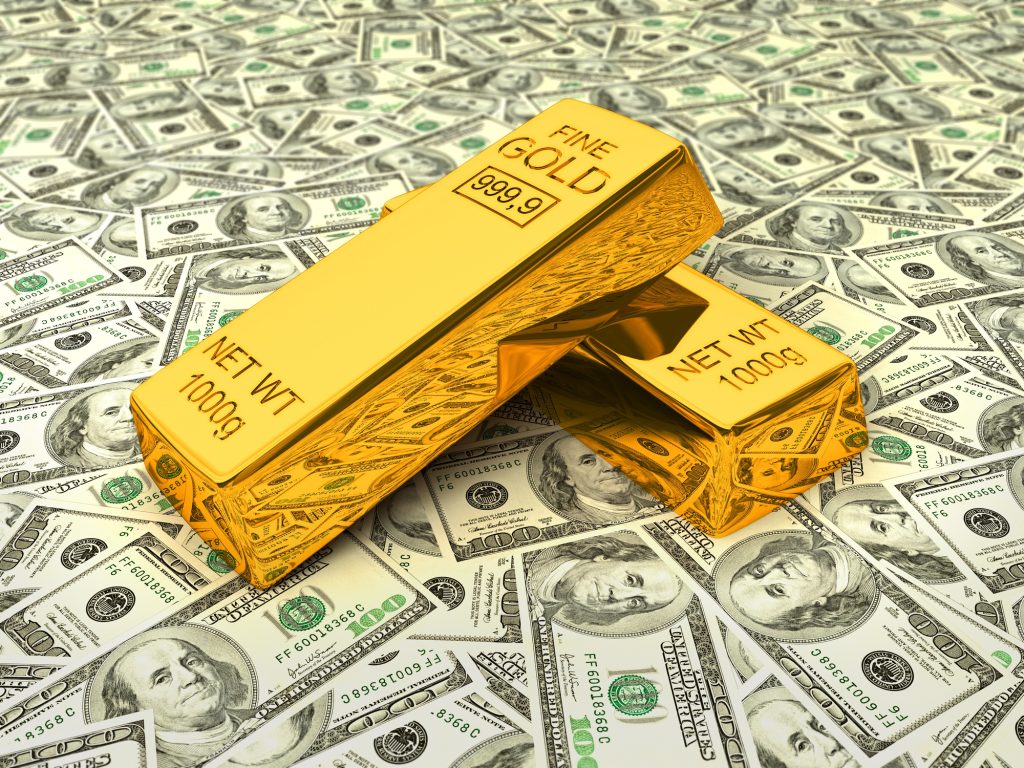Marcus Licinius Crassus didn’t exactly start from humble beginnings.
Born into a prominent Roman family in 115 BC, Crassus started his business career as a young man with a whopping three hundred ‘talents’ according to the ancient historian Plutarch.
(A ‘talent’ is a unit of weight used to measure gold and silver in the ancient world, so three hundred talents would be worth potentially $50 million today.)
That’s a pretty hefty sum to get started in life.
But Crassus was incredibly ambitious. He didn’t squander the money by living the life of a Roman playboy.
Instead he started potentially the world’s first-ever privatized fire department… and used it to amass a vast real estate portfolio.
Rome had already become the dominant superpower by the time Crassus was a young businessman in the 1st century BC. And the city itself had become massive… almost overpopulated. Some parts of the city were unimaginably luxurious, with ornate palaces, beautiful monuments, and wide boulevards.
Other parts were cramped and squalid. And the close proximity of buildings in these neighborhoods made them especially prone to catching fire.
Crassus didn’t use his fire brigade for community service; in fact this was probably the furthest thing from his mind.
Instead, he would bring his firefighters to neighborhoods in Rome where homes had caught fire. People would be frantic that their house was burning down… or was about to catch fire due to the inferno down the street.
Crassus would then coolly negotiate the purchase and sale of these properties– including the homes that were already on fire– for a “trifling price” according to Plutarch.
If the owners agreed to Crassus’s outrageously low offer, he would order his men to put the fires out. If not, everyone watched as the neighborhood burned to the ground.
Crassus became so successful buying up property at ‘fire sale’ prices that, later in life, his net worth had grown to 7,100 talents… making him potentially the world’s first billionaire.
Obviously many Romans hated Crassus for the pitiless manner in which he exploited other people’s tragedy for his personal gain, in the same way that our modern society considers ‘price gouging’ during natural disasters to be highly immoral.
Ancient historian Cassius Dio writes, in fact, that people cheered, laughed, and celebrated the billionaire’s death… and according to one legend, he was executed by having molten gold poured down his throat.
Now Crassus was obviously an extreme. But let’s not kid ourselves– countless people throughout history have made money from buying high quality assets at ‘fire sale’ prices. This is actually the central theme behind deep value investing.
Warren Buffett didn’t become one of the richest people in the world by buying overpriced assets. He did it by acquiring “wonderful” businesses at substantial discounts to intrinsic value.
Problem is– it’s been REALLY difficult to find high quality assets at ‘fire sale’ prices over the past 10+ years.
Back when the Global Financial Crisis decimated the world economy back in 2008, central bankers responded by expanding their money supplies at an unprecedented rate.
In the United States, the Federal Reserve slashed interest rates to zero and exponentially grew its balance sheet from $850 billion before the 2008 crisis, to $4.5 TRILLION shortly after… essentially creating a tidal wave of new money that quickly found its way into financial markets.
Stock prices surged. Bond prices surged. Real estate prices surged. Fine art and collectibles surged. Even dubious, low quality assets like junk bonds soared to record highs.
But if this wasn’t ridiculous enough, central banks then doubled down on their folly in 2020 in response to the pandemic.
The Fed, once again, increased its balance sheet from more than $4 trillion to NINE TRILLION DOLLARS.
Unsurprisingly, asset prices boomed again. Companies with no hope of ever making money sold at historic highs. Sovereign bonds issued by insolvent European nations traded at NEGATIVE yields.
And perhaps most famously, a banana duct-taped to the wall at an art show in Miami sold for $120,000.
But that was all in the past. We’re living in a different reality now– one in which inflation is raging, the leader of the free world shakes hands with thin air, and financial markets have become downright sullen.
Stocks, bonds, crypto, real estate, etc. are all down. And frankly I think the general stock market still has as long way to fall. Same for real estate.
But there are a LOT of great assets, both public and private, that have been vastly oversold by panicky, emotional investors… and are now trading at ‘fire sale’ prices.
There are literally dozens of well-managed, profitable energy companies right now trading at low, single digit P/E ratios at a time when natural gas is barely $2 in the US.
(Cheap US natural gas, by the way, is most likely going to be a thing of the past; LNG exports to Europe are set to surge in the coming years, and that’s probably going to drastically increase gas prices in the future.)
It’s not just energy companies either. There are really great fertilizer companies, agriculture companies, productive technology businesses, and other real asset businesses selling for substantial discounts to their intrinsic value.
Again, I think the general market still has a long way to fall.
But there are already high quality, individual assets available at incredible discounts for bold, patient investors who know a good deal when they see it.









